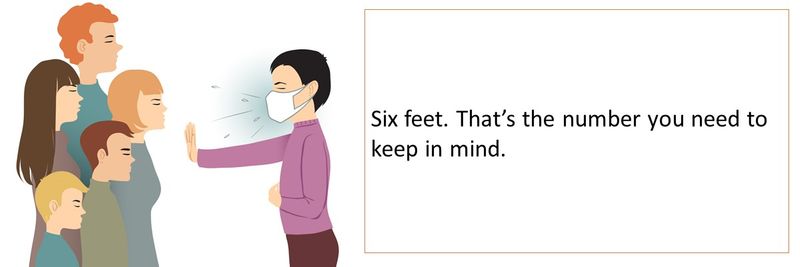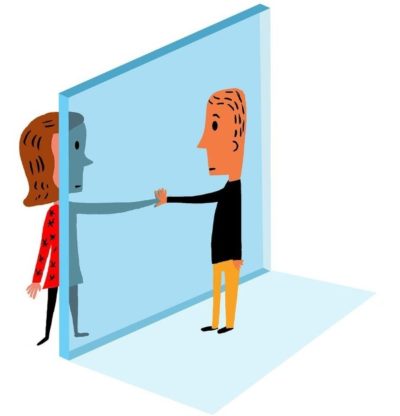In the countries ravaged by the virus, life has completely changed in a matter of days.
Non-essential businesses have shut-down operations. Elderly residents of nursing homes are missing family visits. Children cannot play and learn alongside their classmates and friends. Many school and college students have switched to online learning. Couples are scrapping long-planned weddings.
So much so that everything we all took for granted – meals with friends, office chit-chat, cheering at a cricket game, worshipping with a community – is suddenly on hold.
All these steps are already causing people to become lonely.
Loneliness is more than a temporary bad feeling. It harms our health, our ability to perform, and our sense of fulfillment. That’s why the potential effects of physical distance from other people are so worrisome. Enforced separation from near and dear ones, even though temporary, threatens to further diminish our social muscle, which has already been weakened by the well-intentioned but isolating forces of the modern world.
In the current crisis, everyone has a role to play – not just in slowing the Coronavirus (COVID-19) pandemic but in staving off its social impact.
We encourage you to maintain social connections during this era of distancing.
Consider these three strategies:
First, spend at least 15 minutes each day communicating with people you love (these can be other than the people you’re living with). Video-conference with them so you can see them and hear their voices, giving you something like the full experience of human connection. You can do it over a meal by having a virtual lunch or dinner together. This will likely make you feel better immediately and will strengthen your lifeline to the outside world.
Second, make the time you do spend with people as distraction-free as possible. If you live with others, find moments to check in—away from media and your to-do list. Being fully present can give you the space to be open and vulnerable and give the other person that chance too. When reaching out to people virtually, try to focus on the conversation as if the two of you were sitting across from each other. When we eliminate distraction, we increase the quality of our interaction with others. When time is limited, quality matters even more.
Third, practice moments of solitude. Solitude, unlike isolation or loneliness, is a feeling of being comfortable and even joyful in your own company. But it’s not easy to come by. Technology has completely filled the white space we once had in our lives.
Bonus: Fourth, help others while staying the suggested 6-feet apart. Buy groceries for your elderly/disabled neighbors and leave it at their door-step.

You can start small. Find a few moments a day to put away your devices and work and enjoy a few moments of silence. You can use this time for meditation, prayer, or a solo walk in nature.
During a crisis like the Coronavirus pandemic, saving lives becomes the highest priority for all concerned. It is followed by limiting economic damage. People’s emotional well-being thus takes a back seat and is not quite treated as a matter of utmost public concern.
Your responsibility
Your mental well being is in your hands. Work harder to strengthen the human connections in your lives, and we might even emerge stronger and more connected than ever before.



A simple yet powerful article!
Simple steps to practice.Worth trying.